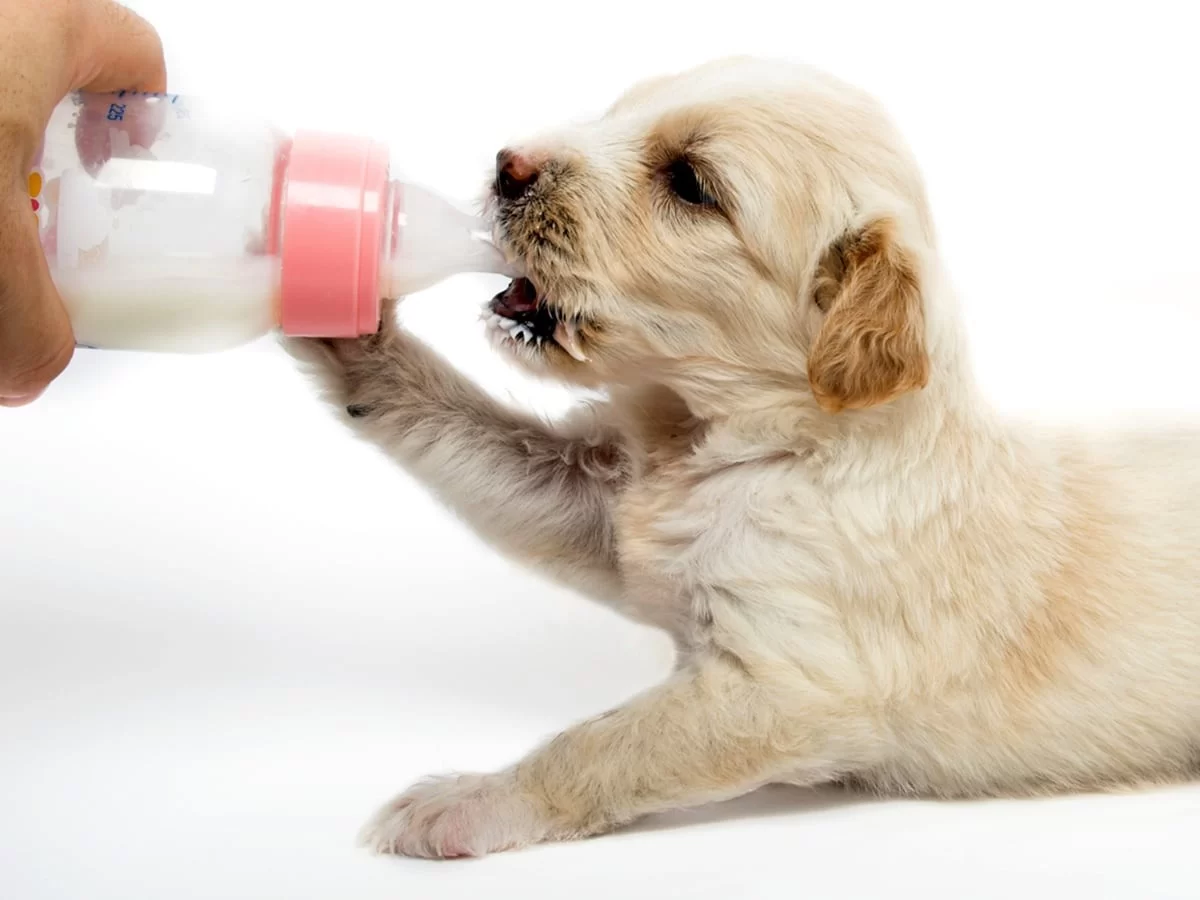Can Dogs Drink Milk? What You Need to Know About Milk and Dogs' Health
- Can Dogs Drink Milk?
- The Digestive System of Dogs and Milk
- Risks of Giving Milk to Dogs
- Safe Alternatives to Milk for Dogs
- When to Consult a Veterinarian
Can Dogs Drink Milk?
The idea of sharing a glass of milk with your dog might seem like a nice gesture, but is it safe for them? While many dogs can tolerate small amounts of milk, it’s not always the best choice for your pet. The truth is, not all dogs should drink milk, and for some, it can even cause digestive issues.
In this article, we will explore whether dogs can drink milk, the potential risks involved, and safe alternatives that are better suited to their dietary needs. Let’s dive into the details to help you make an informed decision about what’s best for your furry friend.
The Digestive System of Dogs and Milk
To understand why milk may not be the best choice for all dogs, it’s important to know how a dog’s digestive system works. Unlike humans, dogs don’t naturally produce the enzyme lactase, which is responsible for breaking down lactose—the sugar found in milk. Without sufficient lactase, lactose can remain undigested in their intestines, leading to gastrointestinal discomfort.
For puppies, milk from their mother or a specially formulated puppy milk replacer is essential for their growth and development. However, as dogs mature, many lose their ability to digest lactose, making milk more of a potential problem than a treat.
If you want to offer your dog a treat, it’s best to consider foods that are specifically designed for dogs and their unique digestive needs.
Risks of Giving Milk to Dogs
While a small amount of milk might not harm your dog, there are several risks associated with giving milk regularly or in large quantities:
- Diarrhea: Since many dogs are lactose intolerant, consuming milk can lead to upset stomachs, diarrhea, and dehydration. This is especially true for adult dogs that have lost the ability to digest lactose effectively.
- Stomach Discomfort: Even if your dog can tolerate milk in small amounts, it can cause bloating, gas, or general discomfort in their digestive system.
- Obesity: Milk, especially whole milk, can be high in fat and calories. Regular consumption of milk as a treat can contribute to weight gain and associated health problems, such as joint issues or heart disease.
- Allergic Reactions: Some dogs may have allergies to dairy proteins, which could cause skin irritations, itching, or other allergic reactions.
Given these risks, it’s important to carefully monitor how much milk your dog consumes, if any. If your dog shows any signs of digestive upset or discomfort after drinking milk, it’s best to avoid giving it to them altogether.
Safe Alternatives to Milk for Dogs
If you want to treat your dog to something special without the risks associated with milk, there are plenty of safe and healthy alternatives that are both tasty and beneficial to their health:
- Dog-Friendly Ice Cream: Many pet stores sell ice creams made specifically for dogs, which are lactose-free and designed to be gentle on their stomachs.
- Bone Broth: Low-sodium, homemade bone broth is a great hydrating treat that’s rich in nutrients and easy on your dog’s digestive system.
- Peanut Butter: Natural, unsweetened peanut butter can be a delicious and healthy treat for dogs, rich in healthy fats and protein. Just be sure it doesn’t contain xylitol, a sweetener toxic to dogs.
- Frozen Fruits: Small, dog-safe fruits like blueberries or strawberries, frozen for a cool treat, are a great alternative to milk. These fruits are rich in antioxidants and vitamins that support your dog’s overall health.
These alternatives are not only safer for your dog but also provide added nutritional benefits, making them a great way to treat your dog while keeping them healthy.
When to Consult a Veterinarian
If your dog has accidentally consumed a large amount of milk or if they show signs of digestive upset, such as vomiting or diarrhea, it’s important to consult with your veterinarian. A professional can help determine whether your dog is lactose intolerant or if there’s another underlying issue causing the problem.
For tailored advice and a more in-depth understanding of your dog’s specific dietary needs, consider visiting your trusted vet at Hidden Brook Veterinary. Our team is always ready to provide expert guidance on how to keep your dog healthy and happy!










